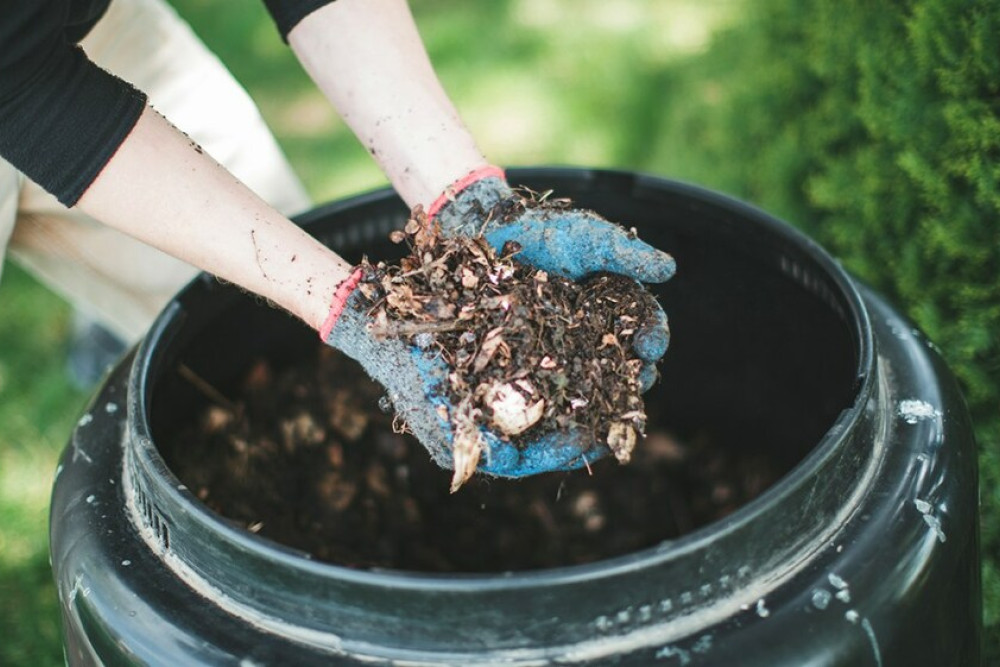Community & Business
20 March, 2022
Reduce waste and take up composting
EACH year over half of our household garbage is made up of food and garden waste. Most of this organic waste can be recycled by composting it.

Reducing our waste has never been more important, with all governments advocating for less waste to go to landfill. Reducing the amount of organic waste going to landfill therefore preventing greenhouse gas emissions and leachate which can pollute land, groundwater and waterways.
By turning food scraps and organic garden waste into compost you can improve soil quality and garden vitality by releasing rich nutrients into the soil.
Compost also suppresses plant diseases and pests which reduces or eliminates the need for chemical fertilisers and manures.
Gardeners will fi nd that compost help soils retain moisture which means water savings.
What to add in your compost bin:
Vegetable and fruit scraps, vegetable oil, prunings and lawn clippings, tea bags and coffee, grounds, vacuum dust, shredded paper and cardboard, used potting mix, egg shells, and flowers.
What not to add in your compost bin:
Meat and bones, dairy products, diseased plants, metals, plastic and glass, animal manures, fat, magazines, large branches, weeds that have seeds or underground stems, sawdust from treated timber, pet droppings, and synthetic chemicals.


